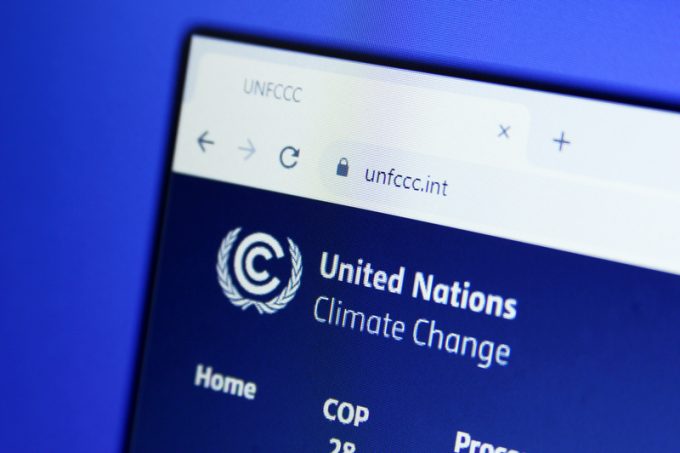Green shipping revolution could be hamstrung, UMAS warns
Global-south countries have great potential for generating the clean fuels shipping needs – but access ...

Delegates at COP28 have finally agreed that the world “could transition away” from fossil fuels.
In scenes alarmingly reminiscent of the outcome of the IMO’s MEPC80, the terminology of “a fossil fuel phase out”, and the less objectionable “phase down”, were replaced ...


Comment on this article